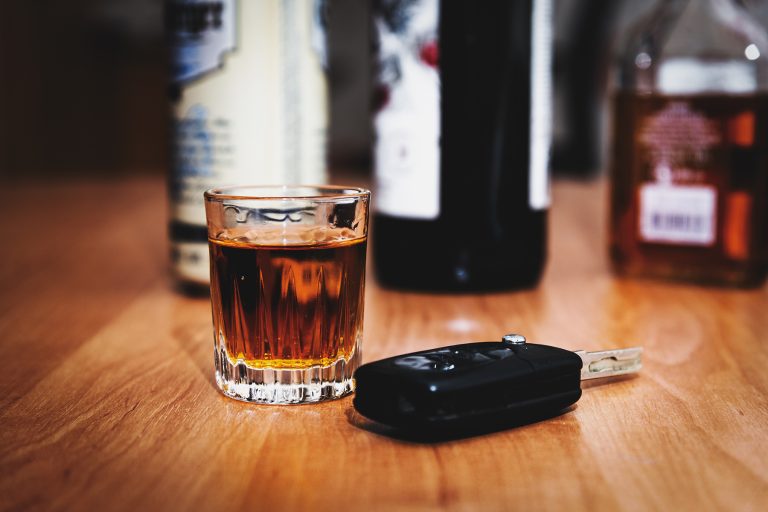Addiction is defined as when you do not have control over doing something which can be harmful to you. People become addicted to substances such as drugs and alcohol which change the way they feel and act, but can also get addicted to things like work, shopping, gambling or using the internet. These things in moderation are not normally harmful, but once it becomes a compulsion it can get out of control and snowball to extremes which damage your health and your whole life, putting strain on relationships and the ability to earn a living.
Once an addiction has developed, people usually need help to break it, as the urge is powerful and difficult to control on your own. Professionals such as therapists and counsellors are often the first step when an addict seeks help, or a loved one has concerns. Therapy is an excellent way to be able to understand the addiction, the issues behind the addiction and help the addict to unpick why they feel compelled to self-medicate in this way. Drug counselling and alcoholism treatment are a preferred option to going to an inpatient rehabilitation centre. However, it isn’t always easy to help an addict.
Unfortunately, addiction is a highly complex issue, which is caused by a myriad of factors including our genetics, our childhood, our environment, exposure to stress, trauma and much more. Facing these issues is hard and painful and so in many cases addicts will refuse to. They want to know the answer to a question such as “How to stop taking drugs”, without being willing to put the work in to understand why they started taking them in the first place.
Addiction also often involves denial and therefore addicts can be very reluctant to engage with the treatment process. Trust issues are often present as well and without trust, the counsellor can’t do their job properly. Last but not least, relapse is common and resistance towards getting help can stand in the way of helping these patients in the way you’d like.
How can you learn to be able to help addicts?
Accepting that addicts will be tough to treat and often need a different approach is an excellent first step to having more success with treating addiction. As is understanding that the addict is powerless against their addiction and needs a wide range of tools, as well as patience and empathy, to be able to resist the urges.
Therapists and counsellors need to know that stopping drinking and taking drugs is of course important, but it is just the first stage. In order to ensure that they can avoid relapse they need support getting to grips with and facing the underlying issues which caused the behaviour to begin. They need to reprogram their minds, heal their bodies and change the way that they face their day-to-day lives and this takes time and dedication from both the professional and the addict.
Learning from addiction specialists and really getting to grips with the complexity of addiction and the factors which lay behind these destructive behaviours is very beneficial. Obtaining specialist knowledge, professional certification and practical advice on how to deal with specific issues ensures you don’t feel out of your depth or helpless during a session and gives both the therapist and the patient the confidence that together real lasting change is possible.
Advanced Workshop on the Psychodynamics of Addictions, Eating Disorders and Perversions
Due to demand from therapists and counsellors, The Bridge private rehabilitation centre and Psychoanalytical Psychotherapist Liz Good have come together to create a four-day professional course specifically focused on addictions and how professionals can best help addicts.
Taking place in Marbella, Spain from the 6th to the 9th of October, it is designed for counsellors, therapists and professionals interested in working with people with addictions. There will be lectures and the opportunity for the group to share their own experience and issues and get advice from addiction experts. This will also be an opportunity to reflect and relax, with yoga and fitness, a pool and beautiful gardens in which to unwind and get away from the stress of this very demanding job.
Attendees will receive a CPD certificate at the end of the course and the confidence and skills to take back to their practice and better support the addicts in their community. Find out more on our website and register your interest for this advanced workshop.
Tips for helping people with an addiction
- Build a trusting relationship with your patient and make them understand that you are working with their best interests at heart. Give them time to feel comfortable and show empathy and understanding without judgement.
- Understand that relapse is common and that to avoid it there needs to be a clear plan in place for how to prevent relapse including concrete coping mechanisms
- Involve the family to heal bridges and create a support structure
- Don’t be afraid to seek additional help from rehabilitation centres, support groups and other specialists if your therapy is not doing enough
- Try CBT and trauma therapy as these have proved to be highly effective for addiction
We’re committed to supporting addicts and professionals to achieve long-term recovery
We welcome therapists, counsellors and professionals working with addicts in any way to contact us for advice and support to help their patients and clients better. The Bridge will be holding regular events for professionals such as our Advanced Workshop on the Psychodynamics of Addictions, Eating Disorders and Perversions and we are happy to collaborate with professionals if their patients need more specialist care.
We can offer virtual addiction programmes, as well as services such as sober coaches and of course residential rehabilitation to support your patients in any way they need. Please do not hesitate to contact us and discuss collaboration and training.




